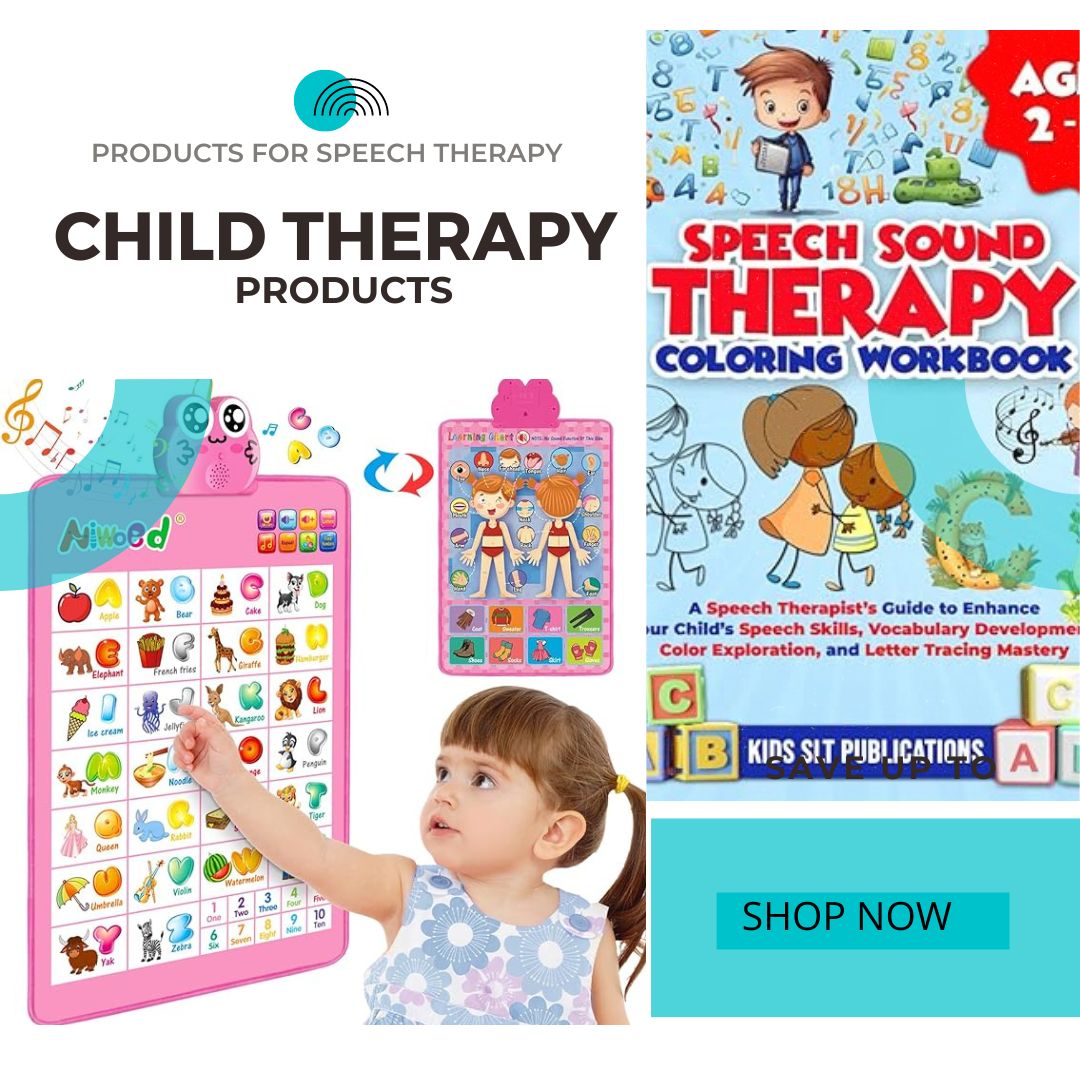Speech therapy is a form of therapy that is focused on improving a person’s ability to communicate effectively. It is often used to treat conditions that affect a person’s ability to speak, understand, and express themselves.
Speech therapy is a specialized field that requires the expertise of professionals who are trained in this area. In this article, we will discuss the conditions that can be treated in speech therapy.
Articulation Disorders
Articulation disorders refer to difficulties in producing sounds and syllables correctly. This can include substituting one sound for another, leaving out sounds, or distorting sounds. Children with articulation disorders may have difficulty being understood by others and may feel frustrated when trying to communicate. Speech therapy can help these children learn to produce sounds correctly and improve their overall ability to communicate.
Fluency Disorders
Fluency disorders refer to disruptions in the flow of speech. This can include stuttering, which is characterized by repetitions or prolongations of sounds, words, or phrases. People with fluency disorders may also experience blocks or complete silence when trying to speak. Speech therapy can help individuals with fluency disorders learn techniques to control their speech and improve their fluency.
Voice Disorders
Voice disorders refer to conditions that affect the quality, pitch, or loudness of a person’s voice. These can include hoarseness, vocal nodules, or vocal cord paralysis. Speech therapy can help individuals with voice disorders learn techniques to improve their vocal quality and reduce strain on their vocal cords.
Language Disorders
Language disorders refer to difficulties in understanding or using language. This can include difficulties with grammar, vocabulary, or sentence structure. Children with language disorders may have difficulty following directions, expressing their thoughts, or understanding spoken or written language. Speech therapy can help these children develop their language skills and improve their ability to communicate effectively.
Cognitive-Communication Disorders
Cognitive-communication disorders refer to conditions that affect a person’s ability to communicate effectively due to cognitive impairments. This can include difficulty with memory, attention, or problem-solving. Individuals with cognitive-communication disorders may have difficulty organizing their thoughts or expressing themselves clearly. Speech therapy can help these individuals learn strategies to compensate for cognitive deficits and improve their communication abilities.
Social Communication Disorders
Social communication disorders refer to difficulties in social interactions that involve the use of language. This can include difficulties with nonverbal cues, such as eye contact or body language, or difficulty with social language, such as taking turns in conversation or understanding jokes. Speech therapy can help individuals with social communication disorders improve their ability to interact with others and communicate effectively in social situations.
Dysphagia
Dysphagia refers to difficulty swallowing. This can be caused by a variety of factors, including neurological conditions, structural abnormalities, or aging. Speech therapy can help individuals with dysphagia learn techniques to improve their swallowing abilities and reduce the risk of aspiration or choking.
In conclusion, speech therapy is a specialist area that can be used to address a wide range of disorders that influence a person’s capacity to communicate effectively in a meaningful way.
It is imperative that you seek the assistance of a skilled speech therapist if you, or someone you know, is having difficulty communicating due to a speech or language issue.
People who have communication disorders can significantly improve their ability to express themselves and engage in social interactions with others if they receive the appropriate treatment and support.



